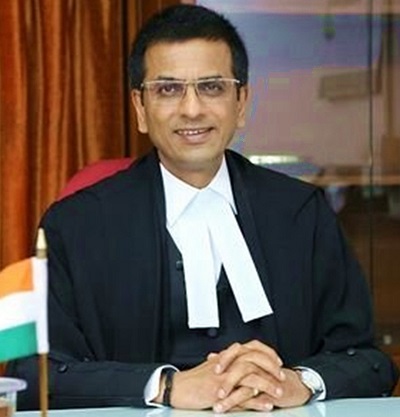New Delhi, (Samajweekly) Chief Justice of India D.Y. Chandrachud on Friday said that he takes criticism of the Collegium system in a “very positive” and “optimistic” perspective, adding that if one looks at criticism cynically, the institution cannot be improved for better.
Noting that the Collegium is criticised for lack of factual data while considering the appointment of judges in the constitutional courts, he said that the Supreme Court has data on judgements, reportable judgements and quality of judgments which judges in high courts are delivering to make the process of appointments more transparent and objective.
“I have a Centre for Research and Planning…We have prepared a broad platform where we have accessed every one of the top 50 judges in the country who would be considered for appointment as judges of the Supreme Court,” CJI Chandrachud said, while addressing the fourth edition of the Ram Jethmalani Lecture Series.
He said that the work in making Collegium’s decision more objective and transparent in selecting judges in Supreme Court and High Courts is “still in process” but “improving”.
CJI Chandrachud said that objective parameters are being laid for the purposes of selection and discussions made by Collegium during selection cannot be “obviously” released in the public realm.
He mentioned the recent initiative of the Supreme Court where case details of the apex court will be made available on the National Judicial Data Grid (NJDG) on a daily real-time basis.
Under the new initiative, Supreme Court case data for both civil and criminal cases may be analysed based on the age of the case to generate case management reports.
He highlighted the e-SCR portal, the repository of the electronic version of the Supreme Court Reports (SCR). SCR is the official journal of reportable Supreme Court decisions, which is published under its authority where the head notes are approved by the Judges of the Supreme Court who delivered the judgment.
Remembering late senior advocate Ram Jethmalani, CJI Chandrachud said that he left a “profound and lasting contribution to the rule of law”.









